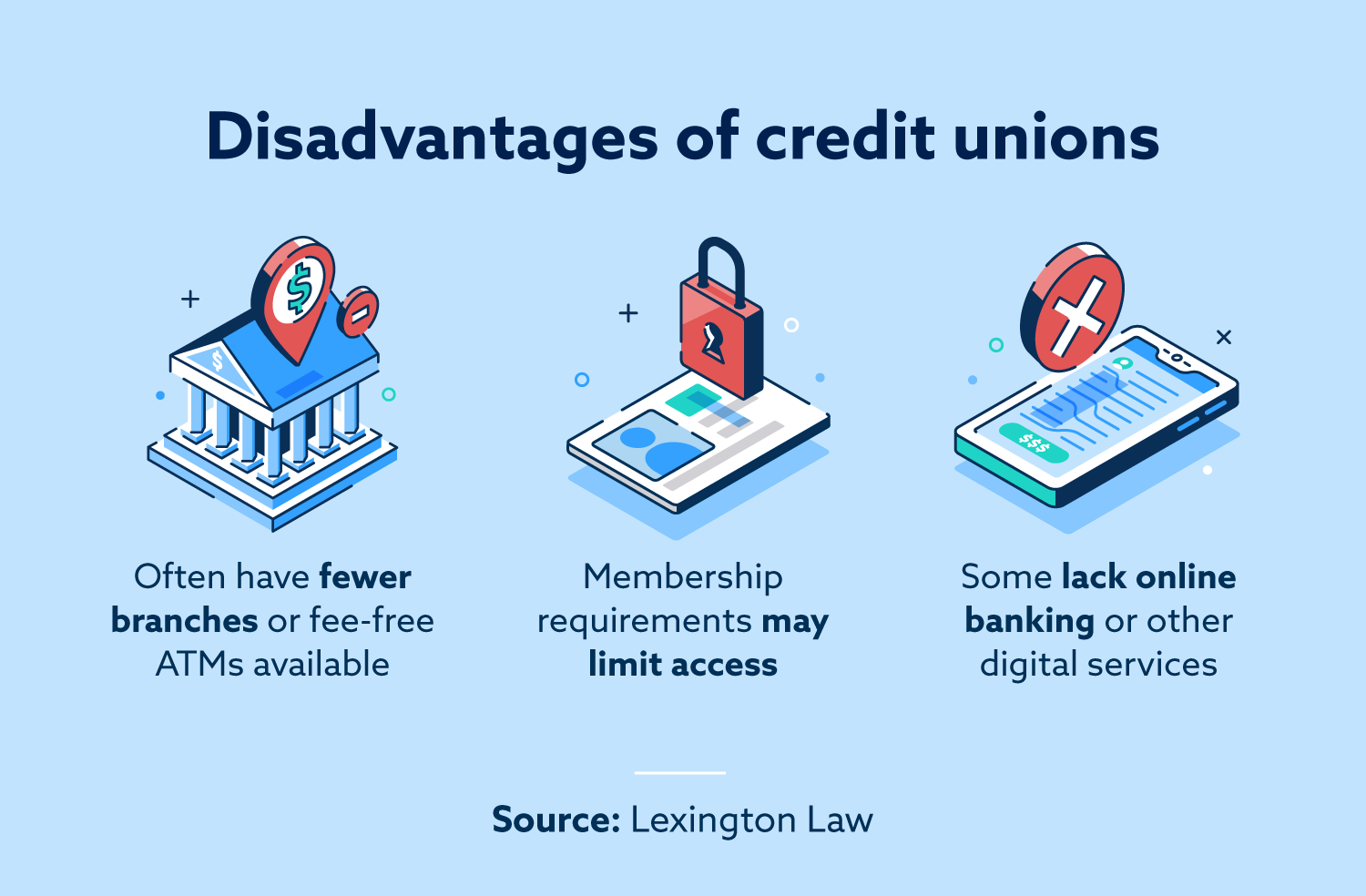Hybrid Line of Credit: Flexible Funding Options from Your Wyoming Credit Union
Hybrid Line of Credit: Flexible Funding Options from Your Wyoming Credit Union
Blog Article
The Ultimate Guide to Comprehending Credit Report Unions
Debt unions stand as unique monetary entities, rooted in concepts of common support and member-driven operations. Nevertheless, past their fundamental worths, recognizing the intricate operations of cooperative credit union entails a much deeper exploration. Wyoming Federal Credit Union. Deciphering the complexities of subscription eligibility, the development of services used, and the distinctive advantages they bring requires an extensive assessment. As we browse through the ins and outs of credit history unions, an insightful trip awaits to drop light on these member-focused institutions and just how they vary from conventional banks.
What Are Credit Unions?
Credit rating unions are member-owned banks that use an array of financial solutions to their members. Unlike standard banks, lending institution operate as not-for-profit organizations, implying their primary emphasis gets on offering their members as opposed to making best use of earnings. Members of a lending institution commonly share an usual bond, such as working for the same company, coming from the exact same area, or being component of the exact same organization.
One of the essential benefits of lending institution is that they typically offer higher rates of interest on interest-bearing accounts and reduced rates of interest on finances compared to financial institutions. This is since credit history unions are structured to profit their participants straight, allowing them to hand down their profits in the form of far better prices and less charges. In addition, cooperative credit union are recognized for their personalized customer solution, as they prioritize constructing relationships with their participants to understand their distinct monetary requirements and objectives.
Background and Advancement of Credit History Unions

The roots of member-owned economic cooperatives, understood today as cooperative credit union, trace back to a time when neighborhoods looked for options to typical financial establishments. The idea of cooperative credit union come from in the 19th century in Europe, with Friedrich Wilhelm Raiffeisen frequently credited as the pioneer of the participating financial activity (Wyoming Federal Credit Union). Raiffeisen started the initial acknowledged lending institution in Germany in the mid-1800s, highlighting neighborhood support and self-help concepts
The development of cooperative credit union continued in The United States and Canada, where Alphonse Desjardins developed the very first cooperative credit union in Canada in 1900. Shortly after, in 1909, the initial U.S. cooperative credit union was formed in New Hampshire by a group of Franco-American immigrants. These very early cooperative credit union run on the fundamental concepts of shared support, autonomous control, and participant possession.
Gradually, credit score unions have grown in appeal worldwide due to their not-for-profit structure, concentrate on offering participants, and offering affordable financial items and solutions. Today, lending institution play an important duty in the monetary market, giving community-oriented and easily accessible financial options for companies and individuals alike.
Membership and Eligibility Standards
Subscription at a lending institution is typically limited to people meeting details qualification criteria based upon the institution's founding concepts and governing demands. These criteria commonly include aspects such as geographic area, work status, subscription in particular organizations, or affiliation with details groups (Credit Unions Cheyenne). Lending institution are recognized for their community-oriented approach, which is reflected in their membership needs. As an example, some cooperative credit union might only serve individuals who work or live in a certain location, while others might be tailored to staff members of a specific firm or participants of a specific association.
Additionally, cooperative credit union are structured as not-for-profit companies, suggesting that their key objective is to offer their members instead than produce profits for shareholders. This focus on member service typically equates into even more tailored focus, reduced fees, and competitive interest rates on car loans and cost savings accounts. By fulfilling the eligibility criteria and ending up being a member of a credit union, individuals can access a variety of financial product or services customized to their certain needs.
Providers and Products Provided
One of the essential elements that sets credit history unions apart is the varied range of monetary solutions and items they use to their members. Credit rating unions generally supply conventional financial services such as financial savings and checking accounts, loans, and credit score cards.
In addition, lending institution frequently supply convenient online and mobile financial choices for participants to easily handle their finances. They may use rewards such as shared branching, enabling participants to access their accounts at other cooperative credit union across the nation. Some cooperative credit union likewise supply insurance policy products like home, vehicle, and life insurance policy to aid participants shield their properties and loved ones.
In enhancement to economic solutions, cooperative credit union frequently engage in community outreach programs and financial education campaigns to support their participants in accomplishing their financial goals.
Advantages of Financial With Cooperative Credit Union
When considering monetary establishments, exploring the advantages of financial with credit history unions discloses special advantages for members looking for personalized service and competitive rates. Unlike huge financial institutions, credit score unions are member-owned and focus on structure strong connections with their participants. On the whole, financial with a debt union can offer a much more personalized, affordable, and member-centric Credit Union in Wyoming monetary experience.
Verdict

Credit rating unions are member-owned economic institutions that use an array of banking services to their members. The principle of credit history unions stem in the 19th century in Europe, with Friedrich Wilhelm Raiffeisen frequently attributed as the leader of the cooperative banking motion.The advancement of credit rating unions continued in North America, where Alphonse Desjardins established the very first credit union in Canada in 1900. Credit report unions typically provide conventional banking solutions such as financial savings and examining accounts, lendings, and credit history cards.When thinking about financial establishments, exploring the benefits of banking with credit report unions exposes distinct advantages for members looking for tailored service and affordable rates.
Report this page